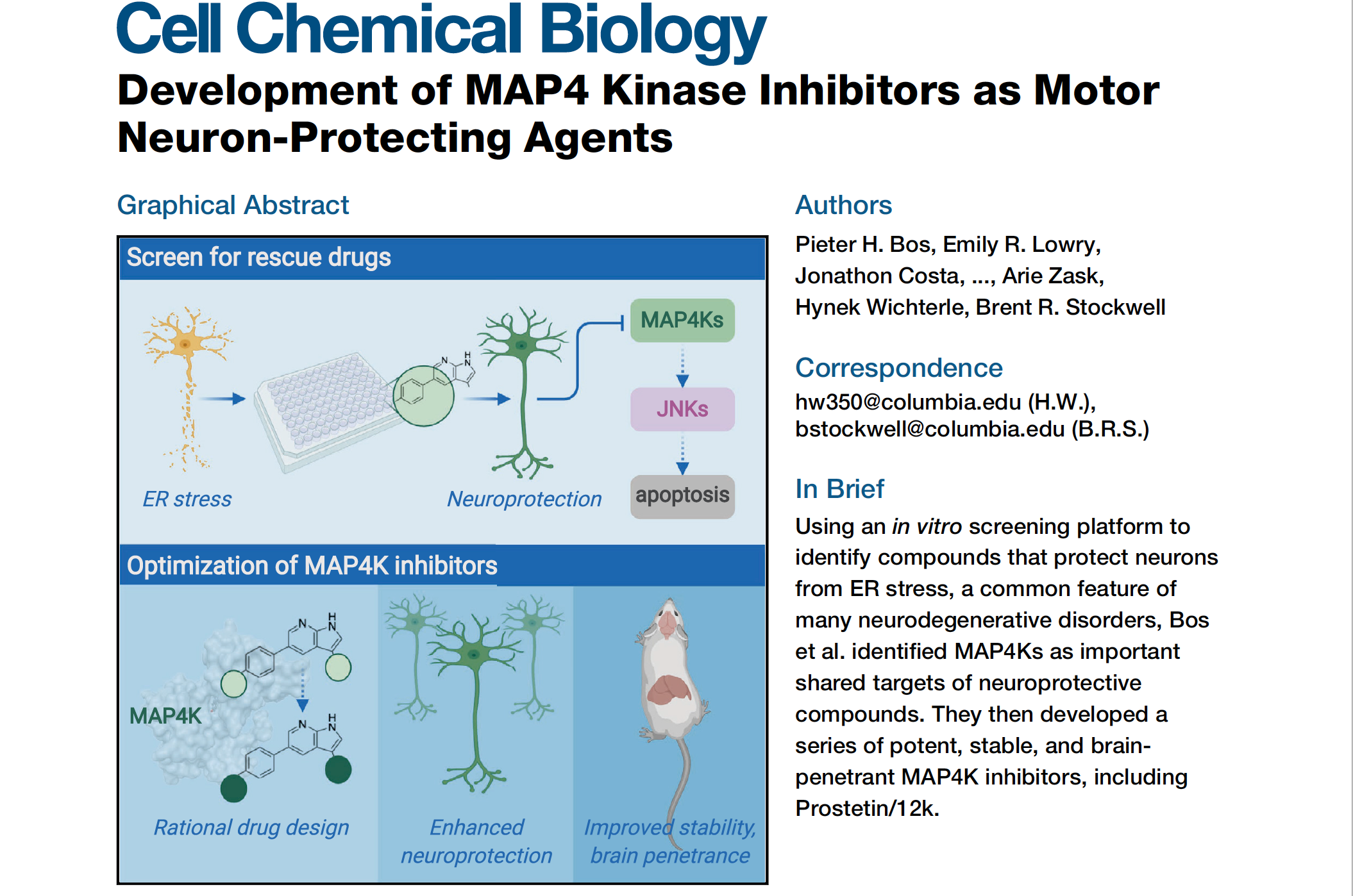

ALS, also known as Lou Gehrig’s disease, is a brain disease that targets brain cells called motor neurons.Motor neurons send messages from the brain to muscles throughout the body. In ALS, as motor neurons die, a person progressively loses the ability to walk, speak, swallow, and breathe. ALS affects adults of all ages, from teens to seniors, and is usually fatal within 2-5 years of diagnosis. The Core and others are working together to develop the first effective treatments.
ALS is complicated—but decades of dedicated research, and advances in technology, have allowed us to understand more about the genetic and biological drivers of this devastating brain disease. That’s why the time is right for The Core: we can now target specific pathways that we know to be important in ALS with specific, rational therapeutics:
The Eleanor and Lou Gehrig ALS Center at Columbia University was founded in 1987 by Lewis (Bud) Rowland, MD, to address the complex needs of patients with amyotrophic lateral sclerosis (ALS)—better known as Lou Gehrig’s disease—and other motor neuron diseases. The Center provides comprehensive care, education, and support for patients and families living with ALS.
The Motor Neuron Center engages brilliant scientific minds in a translational approach to the study of the motor neuron. By taking new leads and tools from motor neuron biology, and testing and applying them to animal models of disease, as well as to clinical research in people, the Motor Neuron Center facilitates the speedy transfer of research and preclinical findings to patients in the hope of finding effective therapy.
Project ALS recruits the world’s best scientists and doctors to work together—rationally and aggressively—to develop a better understanding of the ALS disease process and, in parallel, better therapeutic strategies. For over twenty years, Project ALS has identified and funded the most promising research, advancing ALS research significantly and overseeing productive collaborations among 25 leading research institutions.